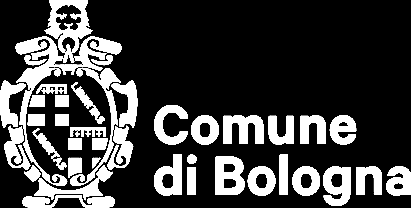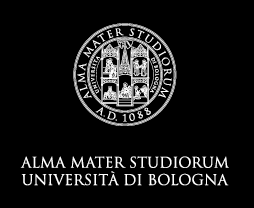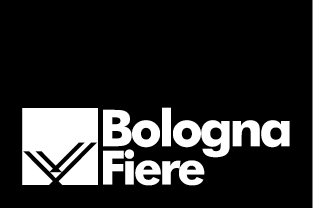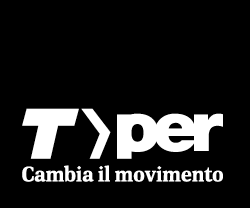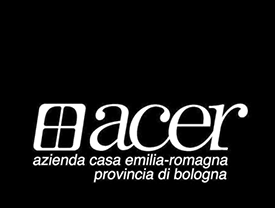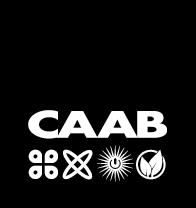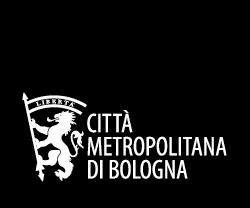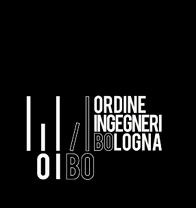Uncategorised
Holistic Energy-efficient Retrofitting of residential Buildings (HERB) project
The objective of the HERB project (Holistic Energy-efficient Retrofitting of residential Buildings) was to finalize and test new and innovative high-energy-efficiency technologies and solutions to renovate existing buildings. These solutions will be installed and monitored, from the result perspective, in various typical residential buildings in different European countries.
For Italy, the chosen intervention regarded a small public-housing building owned by the City of Bologna at Piazza A. Mickiewicz 5, with a total heated surface of 282 m2, six units, and three above-ground storeys.
The final conference of the HERB project, ‘Edilizia sociale ed efficienza energetica’ [Social building and energy efficiency], was held in our spaces on 7 April 2016, promoted under the show Abitare Sociale and organized in collaboration with the Engineers’ Association of Bologna.
Bologna Local Urban Environment Adaptation Plan (BlueAp) project
The BlueAp project (Bologna Local Urban Environment Adaptation Plan) aimed to develop and define a Local Plan of Adaptation to Climate Change for the city of Bologna.
Our activities included: supporting communication of partners in the project (especially the City of Bologna and the Kyoto Club) through the dissemination of material online and drafting posts published on the Urban Center and PAES (Action Plan for Sustainable Energy) websites; supporting the organization of the final conference on 4 June 2015 at the Auditorium Enzo Biagi in the Salaborsa building; supporting the translation and development of tests for end users.
Bologna Carbon Market (BoCaM) project
Through the project BoCaM (Bologna Carbon Market), the City of Bologna offered reliable carbon credits to private purchasers, verified according to standard ISO 14065 and tied to projects that can be verified over time, in order to increase the environmental sustainability of all actors in society.
The companies could insert the purchase of credits within paths of social business responsibility at the end of a course for company improvement.
The City of Bologna therefore tested the creation of a real market in which public administrations could ‘create’ third-party-certified carbon credits generated by their projects and policies which private companies could purchase to neutralize CO2 emissions.
Our activities in the project included: supporting communication of the project, organization of the final event, and collaboration in developing the printed material aimed at greater diffusion of the project.
Transition Cities: ‘La sostenibilità è il nostro centro’ project
The city of Bologna participated in the project ‘Transition Cities’ with the proposal ‘La sostenibilità è il nostro centro’ [Sustainability is our Centre], to transform the former ghetto area of Bologna into a high-energy-efficient neighbourhood through the involvement of retailers in energy savings and sustainability businesses.
Our activities in the project considered: accounting, development of the proposal and creation of the project, communication, and coordination of partners, including CNA Bologna, the Energy Agency of Modena, and the City of Bologna.


